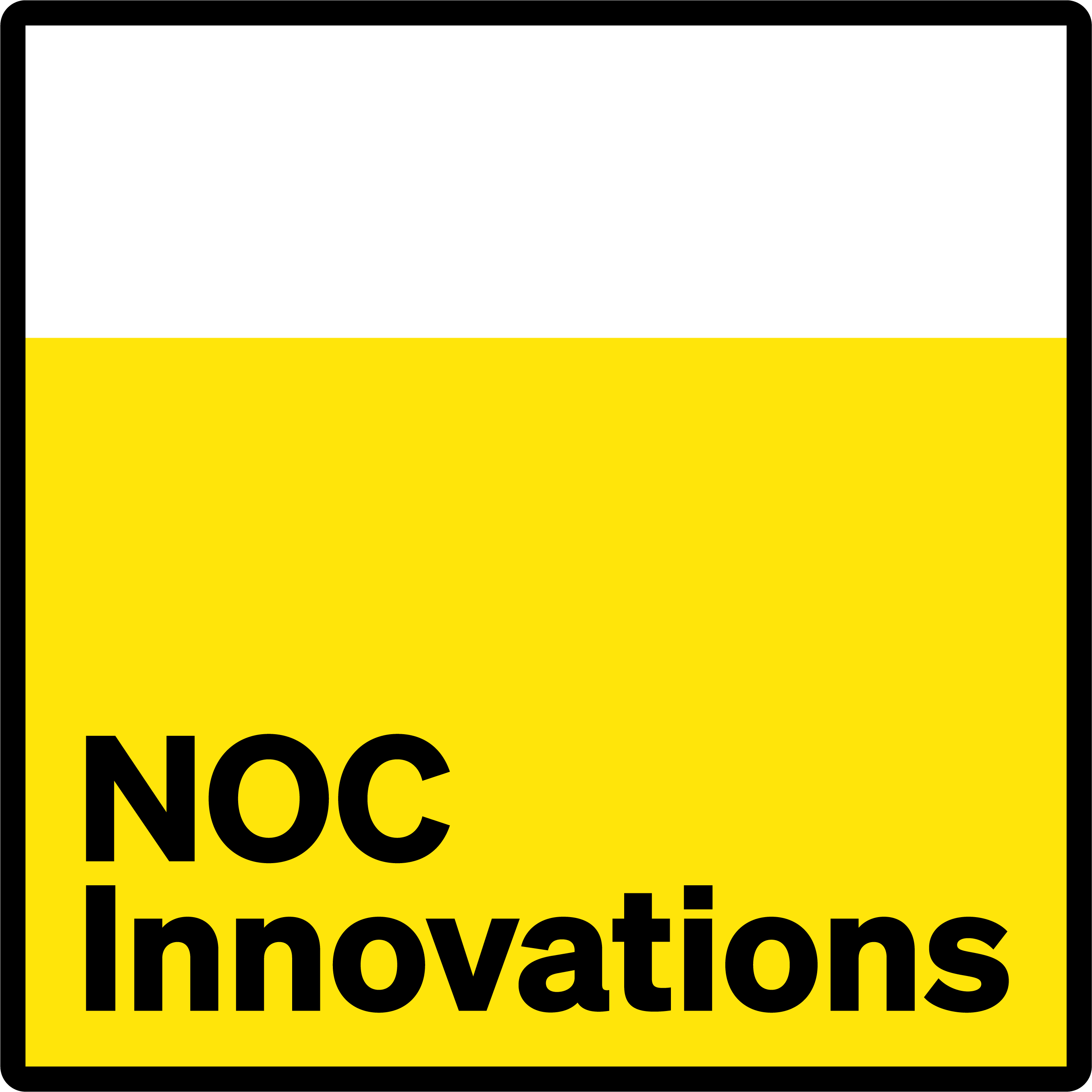Following our Integrated Energy PhD Student, Alexander Oburoh’s insightful presentation at the Canadian Hydrogen Convention in Edmonton on ‘Blue Hydrogen: A Lifecycle Assessment Case Study in the UK’, we’ve taken a closer look at his project and explored the importance of blue hydrogen, its role in decarbonisation and the environmental and policy implications of blue hydrogen in a net zero scenario for the UK.
What is Blue Hydrogen?
Hydrogen is a recognised energy source and although a colourless gas, a colour name is often assigned to it to distinguish how that hydrogen is produced. Hydrogen produced from coal by gasification is called brown hydrogen, while hydrogen produced from water by electrolysis using renewable energy is called green hydrogen. Hydrogen from natural gas by steam reforming is either grey or blue hydrogen; hydrogen with CO2 capture is blue hydrogen, while without capture is grey hydrogen. Largely due to its extension to the already mature oil and gas technology and the developing carbon capture technology, blue hydrogen is receiving support from both industry and the government as an energy vector for decarbonisation towards net zero in 2050.
The Role of Blue Hydrogen in Decarbonisation
Climate change is a major driver for the adoption of blue hydrogen (low-carbon hydrogen) as a clean energy resource. One of the key tasks of a net zero world is the gradual and affirmative reduction of fossil fuel use, to cleaner and renewable sources of energy. With blue hydrogen being derived from natural gas, there needs to be an environmental justification for its use in different applications. The reduction in natural gas reserves is something that is happening already due to decades of North Sea oil and gas production. To meet the demands of natural gas use in the UK, natural gas and its derivatives such as LNG are imported from other countries. To then produce hydrogen from natural gas in the UK, there needs to be policy and legal, as well as environmental justification to support its sustainability.
It is strongly recommended that hydrogen is used in the hard-to-abate sectors where energy is required at scale to reduce the carbon footprint of the energy consumption in areas such as heavy goods transportation, industrial use and potentially cluster and central heating. Unlike other renewable technologies such as wind and solar energy, hydrogen does not compete favourably for decarbonisation in areas such as electricity and passenger vehicular mobility. This distinction and understanding of the role of hydrogen have informed the setup and development of potential blue hydrogen facilities in the UK to meet the decarbonisation targets of 2050.
About this Research Project
In the United Kingdom alone, more than £200 million has been invested by the government through various policy instruments to scale the use of blue hydrogen for projects that are expected to become operational between 2025 -2028. This research aims to establish the influence of consistent policy development and deployment towards a net zero energy scenario through blue hydrogen in the United Kingdom.
Most of the blue hydrogen projects in the United Kingdom are situated in clusters to maximise production scale as well as reduce transportation costs and losses across the value chain. The project is therefore divided into key tasks to achieve this aim:
- PESTLE & SWOT Analysis: This analysis will help understand and establish the drivers, barriers and enablers of the development, production and utilisation of blue hydrogen in the United Kingdom.
- Lifecycle Assessment: This analysis is aimed at providing evidence of the environmental and human health impact of blue hydrogen in the UK using four case studies of the proposed blue hydrogen facilities. Through this, the research will ensure that in a bid to solve the climate problem through blue hydrogen, the world does not create a human health problem.
- Value Chain Analysis: This analysis is aimed at providing insight to the demand and supply dynamics of blue hydrogen’s utilisation. This will also help in developing a cluster map and route to market across the United Kingdom as well as a model for social acceptance and fuel switching.
- Policy Analysis: In this analysis, regional, national and global policies will be analysed to understand the current level of policy support and engagement to then develop opportunity areas from the policies’ gaps in key areas of policy mechanisms, safety case and regulations. A comparative policy analysis will also be carried out to compare policies across the globe to understand which countries are performing the best and what other countries (case in point the UK) can learn and share with the world.
The figure below illustrates the workflow of this research as well as the impact of the individual work packages in meeting the objectives of the project.

Real World Impact
Extensive work has been undertaken in the lifecycle assessment stage of this project, delivering important results. The latter suggests that with high carbon capture rates, proper resource utilisation and management of scale of production, blue hydrogen can be sustainable in the United Kingdom.
These results are currently being developed for journal publications and have been featured in two conference presentations: the All Things Hydrogen Conference in Aberdeen, Scotland and the Canadian Hydrogen Convention in Edmonton, Canada.
As the project revolves around the policy of blue hydrogen, one of the key outcomes will be the development of a policy model for blue hydrogen that will aid policymakers to determine the scale of policy support and investment for blue hydrogen, as well as determining how regulations for blue hydrogen should be developed, implemented and monitored. Through a techno-environmental model that will be developed, considering the environmental and value chain aspects of blue hydrogen, industry and businesses will know the exact role of hydrogen in the net zero goals. The study will have an impact on moving towards a firm consensus on the production scale limits of sustainable blue hydrogen production in the UK.
To discover more about how our Integrated Energy team is solving real-world problems and the other impactful research projects that are currently being undertaken, view our dedicated Integrated Energy webpage.








